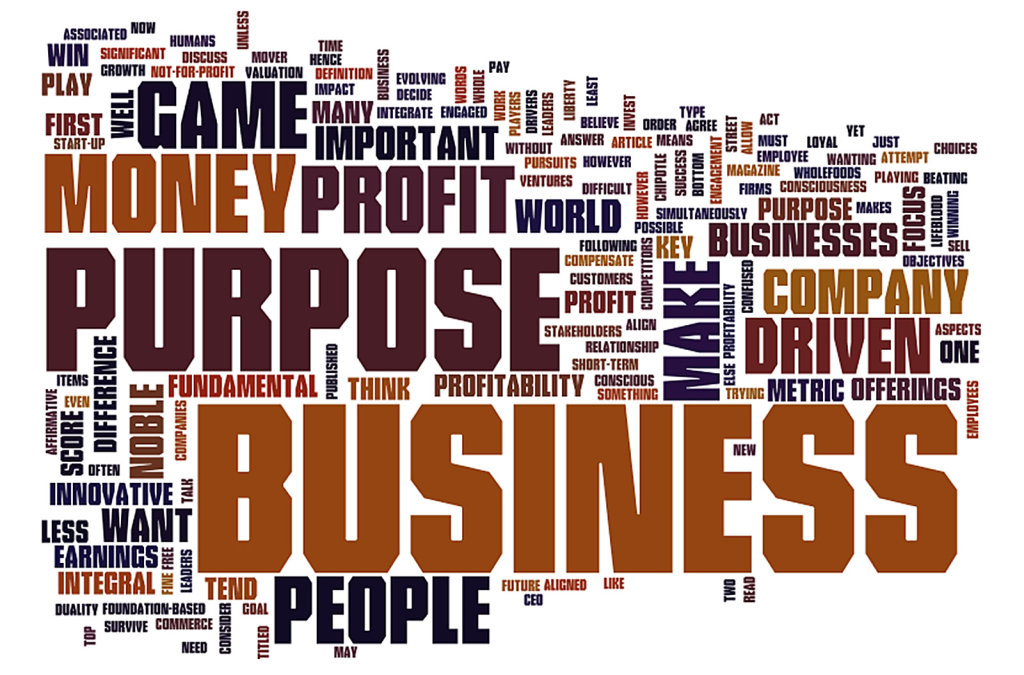Article
Debunking the Major Myth of Engagement
by Soren Eilertsen, Ph.D. July, 2018. To understand engagement, we must first understand human development. From a business perspective, employee engagement is about productivity and outcomes. From an employee perspective, engagement is ultimately about living a full life that actualizes potential and enables individuals to display their true identity, thoughts and feelings. Can these two perspectives…
Read MoreThe Nature of Business Tribes.
by Soren Eilertsen, Ph.D. April, 2018. Evolutionarily speaking, humans are conditioned to seek affiliation through families and tribes. These groups band together and establish rules to create a sense of safety and belonging, fight a common enemy or accomplish something meaningful. In business, tribes are often social groups linked by a leader, shared purpose or goal,…
Read MoreBringing the Human Spirit to Business Leadership
by Soren Eilertsen, Ph.D. December, 2017. When the Quest to Develop Yourself and Others Makes Good Business Sense. Traditional capitalism and its associated business practices are increasingly under pressure from a more holistic perspective that seeks to bring humanity and the human spirit to the workplace. Nearly 2,500 years ago, Socrates boldly asserted, “The unexamined life…
Read MoreBeyond Great: Features of Today’s Legendary Companies
by Soren Eilertsen, Ph.D. July/August, 2017. Great is really good when you’re an organization. But aspiring to make legendary status is another level. While solid economic and financial performance may be an indicator of a “great” company, legendary status isn’t solely based on stock returns. Companies such as Zappos, Nordstrom Inc., USAA, Costco and Lego stand out as legendary brands in the marketplace because…
Read MoreWhen Best Practices Become a Slippery Slope
by Soren Eilertsen, Ph.D. January 26, 2017. Best practice knowledge research from within and outside an industry plays an important part in organizational learning. It provides an understanding of approaches and processes that have been validated to produce optimal results and established as standards suitable for widespread adoption. On the other hand, a best practices approach…
Read MoreSeven Intangible Conditions that Kill Strategy and Innovation
by Soren Eilertsen, Ph.D. November 25, 2015. Why does the quote, “Culture eats strategy for breakfast” attributed to Peter Drucker, strike a chord with today’s business leaders? It’s because they understand the importance of culture in strategic execution but too often overlook it in the process of creating strategy. Intangibles such as cultural factors destroy strategy…
Read MoreMaking Better Decisions
by Soren Eilertsen, Ph.D. July 28, 2015. Success on execution of business strategy is largely dependent on the degree of support by the broader leadership of the organization for the underlying strategic decisions. People support decisions when they know how the decisions were made and when they had an opportunity to provide input along the way;…
Read MoreHow Time Zone Thinking Can Change Your Leadership
by Soren Eilertsen, Ph.D. June 01, 2015. Businesses are born and businesses die every day. Each stage of the lifecycle, from start-up to maturity or decline, requires a different time commitment and activity focus of you. Although there is a lot to be said for using managerial muscles and significant time executing on today’s issues, your focus…
Read MoreProfit and Purpose, Integral Business Drivers
by Soren Eilertsen, Ph.D. May 6, 2015. Are you in business to make a difference in the world or do you just want to make money? Purpose driven people tend to be less money conscious and money driven people tend to be less purpose driven. Yet, many people answer affirmative to both of these choices;…
Read MoreHow did strategic planning help during the economic crisis?
by James W. Wilson and Soren Eilertsen, April 2010. During July 2009, 190 line managers and staff professionals responded to a survey designed to assess the role that strategic planning played during the recent financial crisis. The findings show that organizations that used strategic planning were better prepared, more confident, and better able to pursue growth…
Read More









